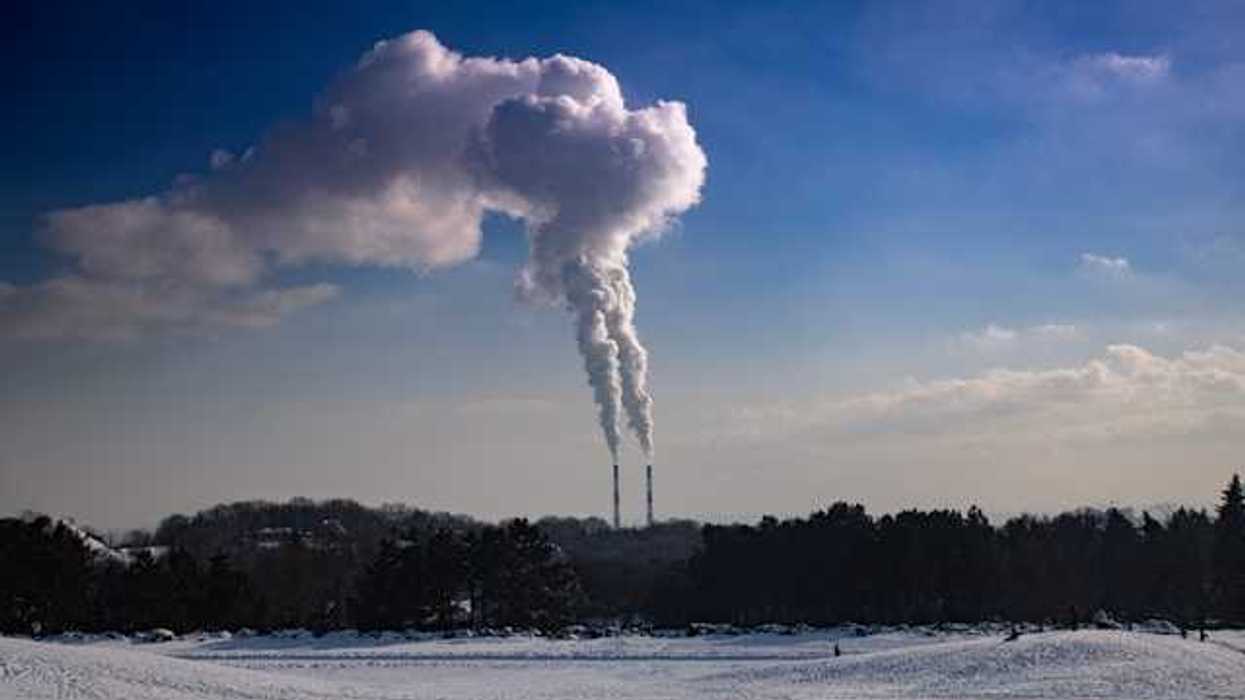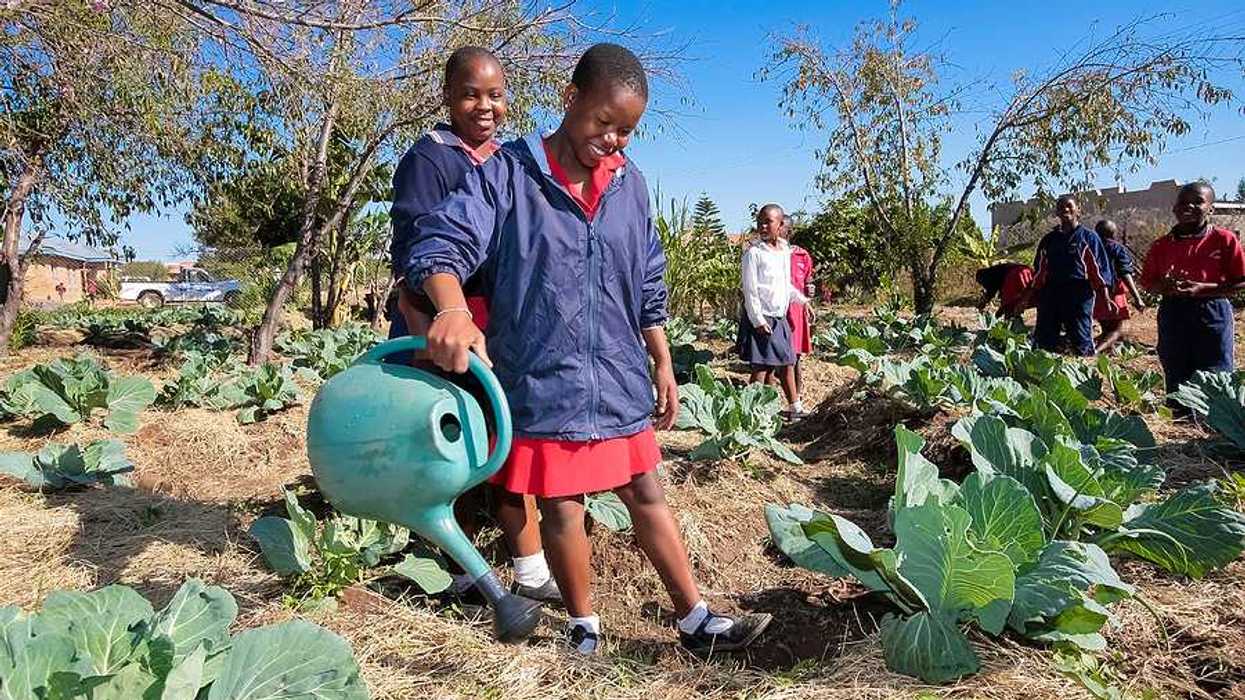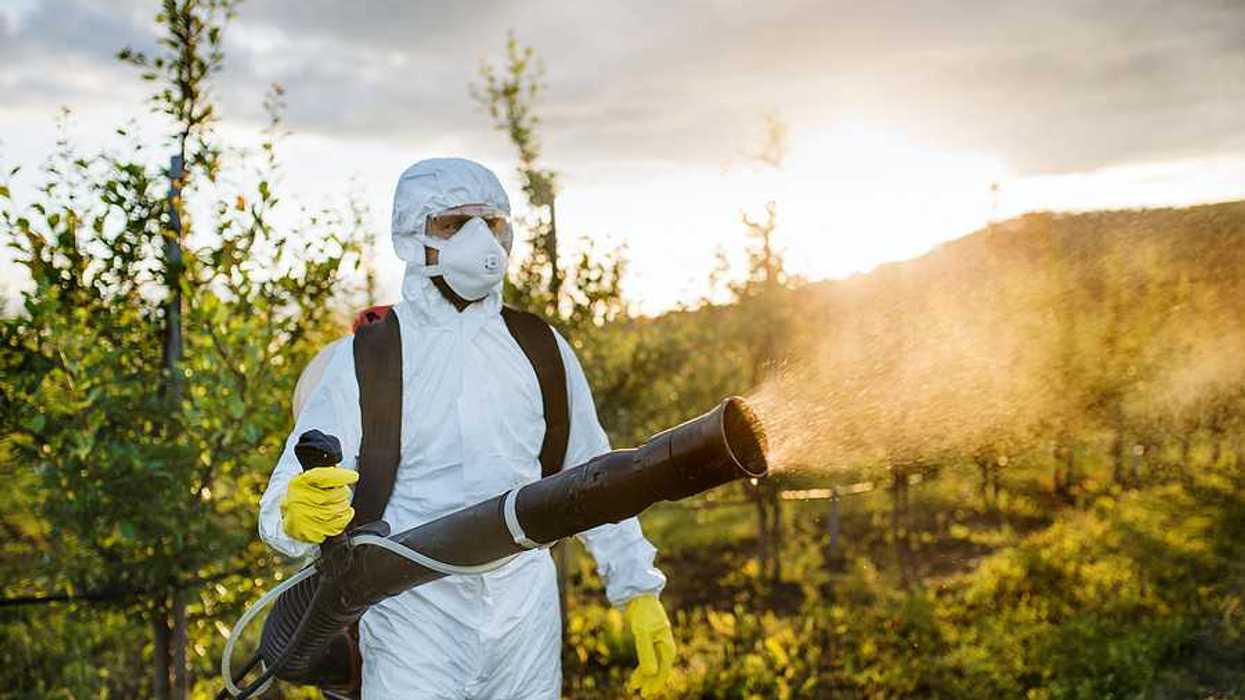In rural Marion County, Alabama, hundreds of households, including the McClungs, have been waiting for public water access for over a decade, relying on private wells to meet their daily needs.
Lee Hedgepeth reports for Inside Climate News.
In short:
- Around 40% of households in Marion County lack public drinking water, depending instead on private wells.
- The McClung family and their neighbors have been promised public water access for years, but it remains unfulfilled.
- Socioeconomic and racial disparities exacerbate water access issues across Alabama.
Key quote:
“Less than a year after one of the worst droughts in the history of our state, the Governor’s decision to put the brakes on an already overdue and lengthy process sets all of Alabama back in the progress that’s been made to date.”
— Sarah Stokes, an attorney for the Southern Environmental Law Center
Why this matters:
Lack of access to public water in rural Alabama highlights significant infrastructural gaps and socioeconomic disparities. Well water quality can be unpredictable, often subject to contamination from agricultural runoff, industrial activities, and natural mineral deposits. This poses significant health risks, particularly for vulnerable populations such as children and the elderly. As climate change increases drought risks, reliable water access becomes even more critical.














